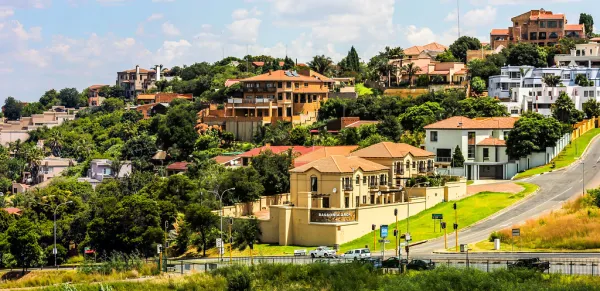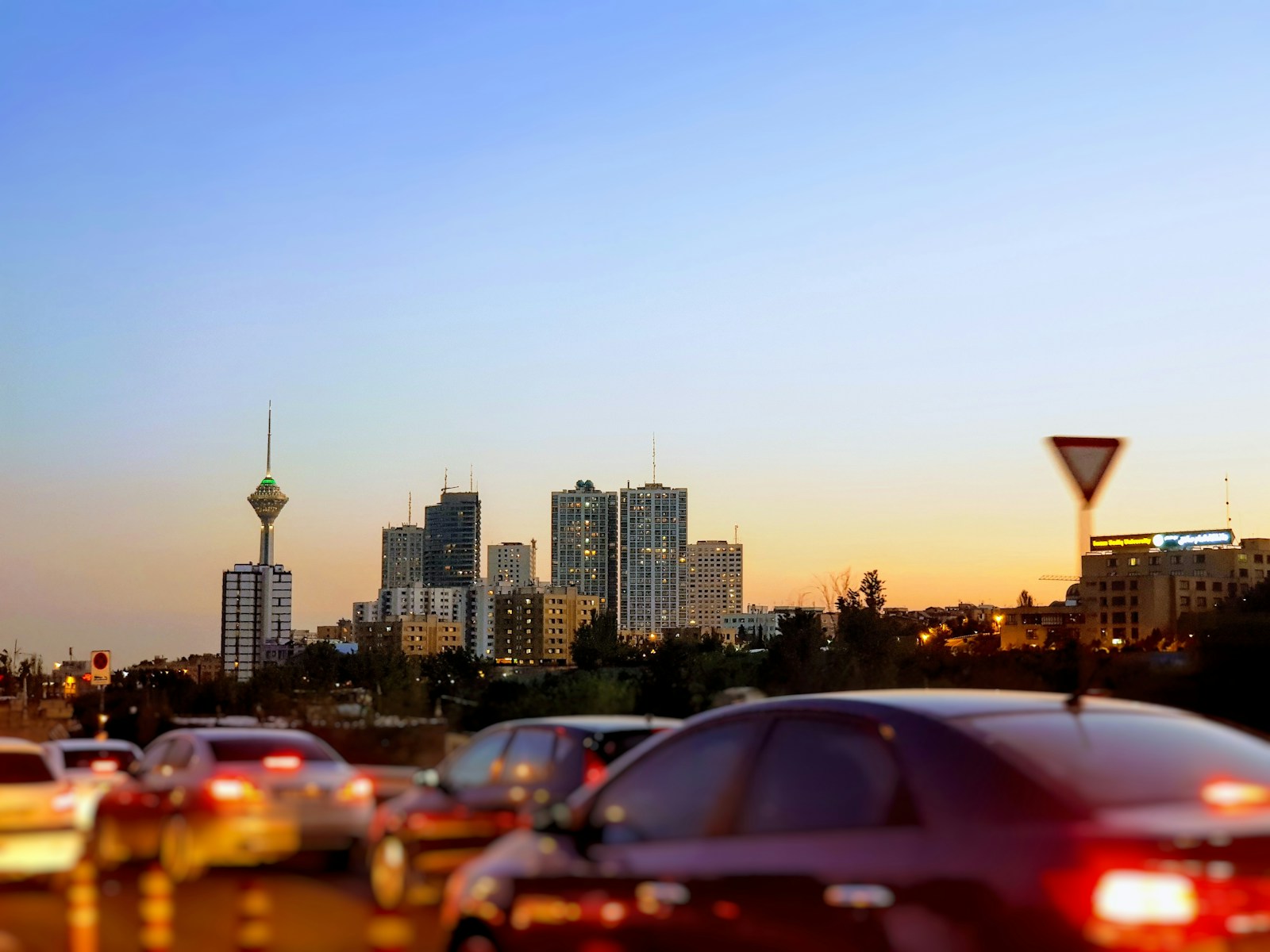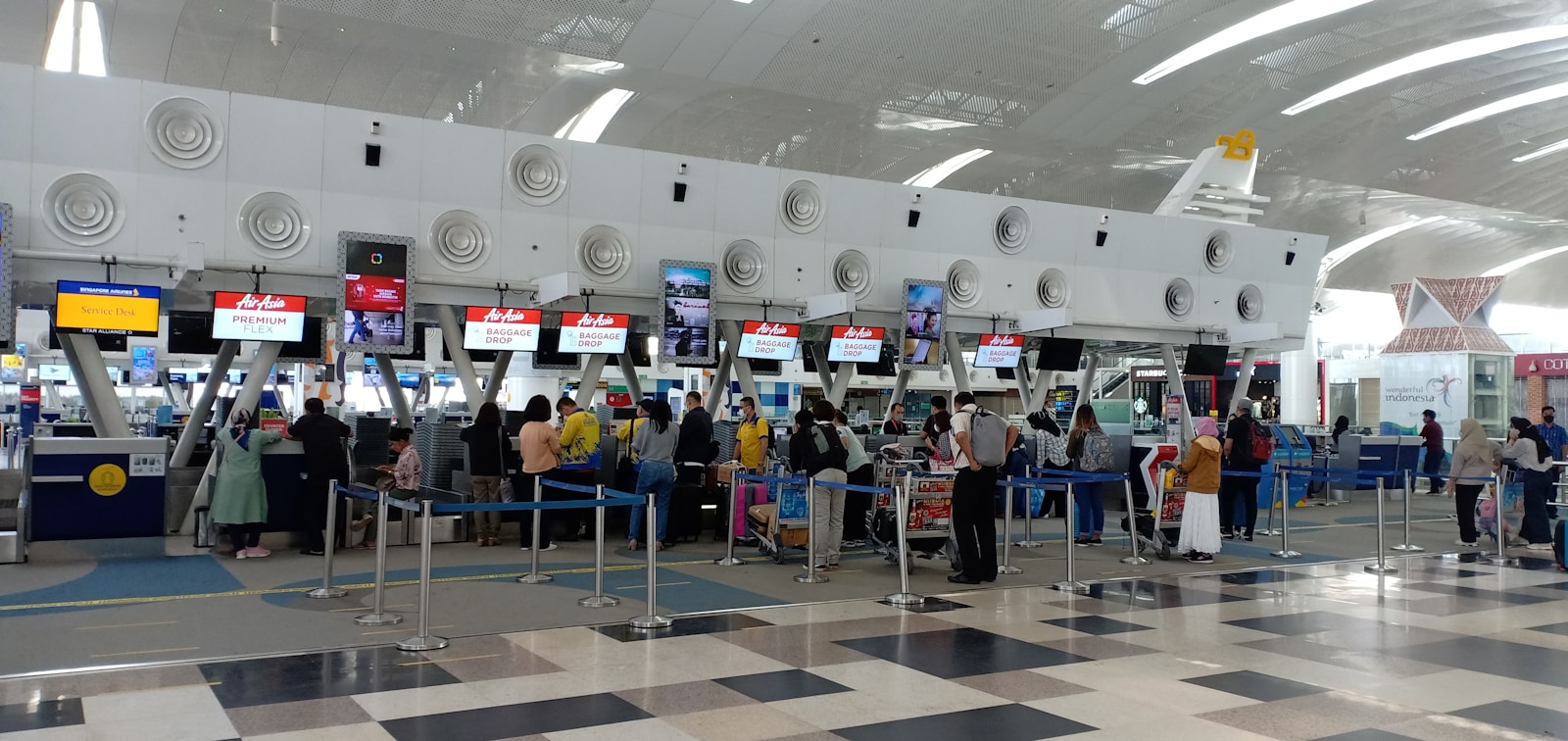In a decisive move to safeguard South Africa’s already strained power infrastructure, City Power Johannesburg has announced a renewed crackdown on illegal electricity connections across several urban hotspots. The campaign, launched in late July 2025, is part of a broader effort to curb rampant energy theft, reduce strain on the national grid, and ensure the safety of residents living in high-risk areas.
Illegal connections—unauthorized hookups to the power supply—have long plagued South Africa’s energy system. The problem is not just technical; it’s a serious socioeconomic challenge. These connections, often found in informal settlements and underserved urban areas, contribute significantly to electricity losses, voltage instability, and frequent outages. More alarmingly, they pose direct risks to human life due to exposed wires and unregulated connections, particularly affecting children and the elderly.
City Power’s Zero-Tolerance Operation
City Power has declared that illegal connections will no longer be tolerated. According to officials, the utility has intensified surveillance, collaborated with local law enforcement, and deployed dedicated response teams to dismantle hazardous, unauthorized links to the grid.
“We’re not just protecting infrastructure—we’re protecting lives,” said a City Power spokesperson. “Communities are being placed in danger by these illegal setups, and the time for leniency is over.”
In recent weeks, joint operations between City Power technicians and police officers have targeted neighborhoods in areas such as Alexandra, Diepsloot, and parts of Soweto. During these raids, dozens of illegal connections were removed, and several individuals were arrested on charges of tampering with essential infrastructure.
Load Pressure and Infrastructure Decay
Illegal connections severely compromise the performance of the power grid. Unregulated access causes transformers and substations to overload, often resulting in permanent damage that is expensive and time-consuming to repair. Officials say that some transformers are being replaced two to three times a year in certain communities because of the repeated overloading caused by unlawful usage.
Additionally, the increased load contributes to rolling blackouts (load shedding), a persistent issue across South Africa that hampers productivity, disrupts businesses, and erodes public trust in utilities and governance. City Power believes that clamping down on illegal users will help stabilize supply in affected areas and minimize unscheduled outages.
Communities in Conflict: Desperation vs. Regulation
While enforcement is necessary, the issue is deeply rooted in the socioeconomic inequalities that define urban South Africa. Many residents in informal settlements rely on illegal connections as their only source of electricity, citing affordability and lack of legal access as primary reasons. City Power has acknowledged this reality and emphasized that the crackdown will be balanced with community engagement and support mechanisms.
“We are not criminalizing poverty,” said another City Power official. “But we are prioritizing safety and the integrity of our systems. We urge residents to come forward, work with us, and explore legal means of connection.”
Some community leaders have voiced concern about the impact of the raids, arguing that households are being plunged into darkness without alternative solutions. They have called on local government and energy authorities to accelerate infrastructure rollouts and develop inclusive electricity access programs.
Public Education and Legalization Campaigns
To complement enforcement efforts, City Power has initiated a public education campaign across affected communities. Flyers, town hall meetings, and social media messaging are being used to inform residents of the dangers of illegal connections and the available processes for applying for formal access to electricity.
The utility is also working with ward councillors and NGOs to identify low-income households that could benefit from subsidized connections under national programs like the Free Basic Electricity (FBE) scheme. These interventions aim to create a pathway from illegality to formalization, bridging the gap between regulation and social reality.
Legal Consequences for Offenders
South African law treats tampering with public infrastructure as a serious offense. Those caught illegally connecting to the grid can face criminal charges, including fines and imprisonment. City Power has pledged to pursue prosecution aggressively, sending a clear message that energy theft is not a victimless crime—it undermines national development and endangers communities.
Recent high-profile arrests have already begun to have a deterrent effect. In one incident in Johannesburg South, a building contractor was apprehended after illegally supplying dozens of units with power. Investigations revealed he had been collecting payments from tenants for an illicit service, pocketing thousands of rands monthly while bypassing all safety and regulatory measures.
Rebuilding Trust Through Transparent Action
Critics have often accused energy providers of turning a blind eye to illegal connections or reacting only after crises occur. City Power’s latest campaign seeks to reverse this perception by adopting a transparent and proactive approach. Regular updates are being shared with the public through press briefings and online dashboards, showing how many connections have been removed, how many areas have been secured, and what community outreach activities are ongoing.
This openness, officials believe, will foster a new relationship with residents—one built not only on enforcement but also on collaboration and mutual accountability.
Energy Justice and the Path Forward
The problem of illegal electricity connections cannot be solved solely through arrests and disconnections. It is a symptom of broader structural inequalities—unemployment, housing shortages, urban sprawl, and unequal access to services. To sustainably address it, energy justice must be central to policy development.
This means scaling up investment in electrification programs, modernizing the grid, and providing affordable connection options to marginalized communities. Equally important is fostering civic participation, where communities are not merely recipients of services but active partners in shaping how those services are delivered.
Conclusion: A National Issue with Local Consequences
City Power’s recent operations against illegal electricity connections represent a turning point in the struggle to secure South Africa’s energy future. By taking a firm stance against unauthorized access while simultaneously investing in public education and formalization, the utility is attempting to walk a delicate line between enforcement and empathy.
The success of this campaign will depend on more than just the number of connections removed—it will hinge on the creation of sustainable, inclusive pathways to legal electricity access. In a country grappling with deep inequality and a fragile energy system, the stakes could not be higher.
Ultimately, addressing illegal connections is about more than cables and transformers—it’s about confronting the realities of urban poverty, building trust between citizens and institutions, and ensuring that South Africa’s energy transition leaves no one behind.
for more news pleas visit africaheritagevoice.com




